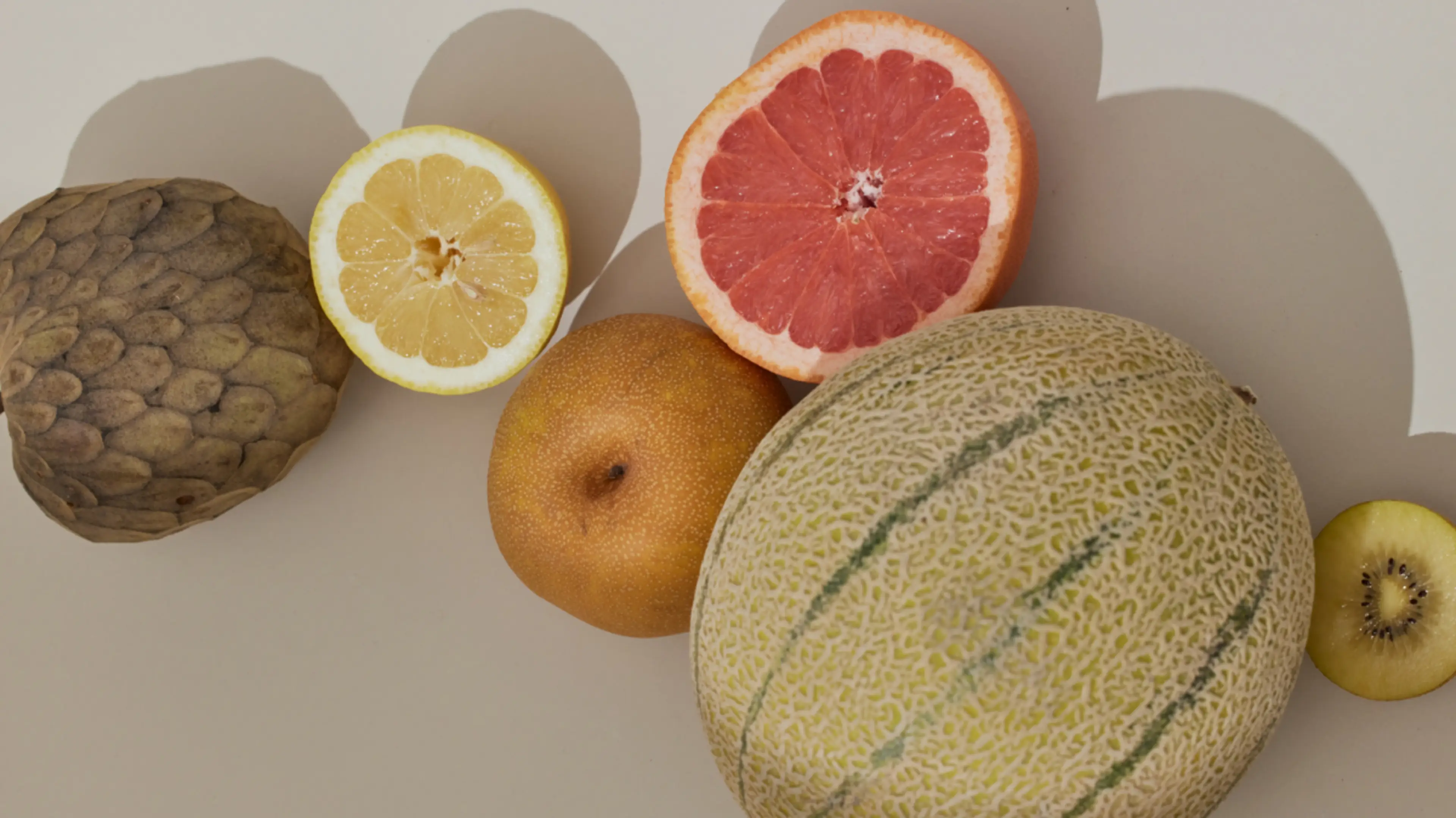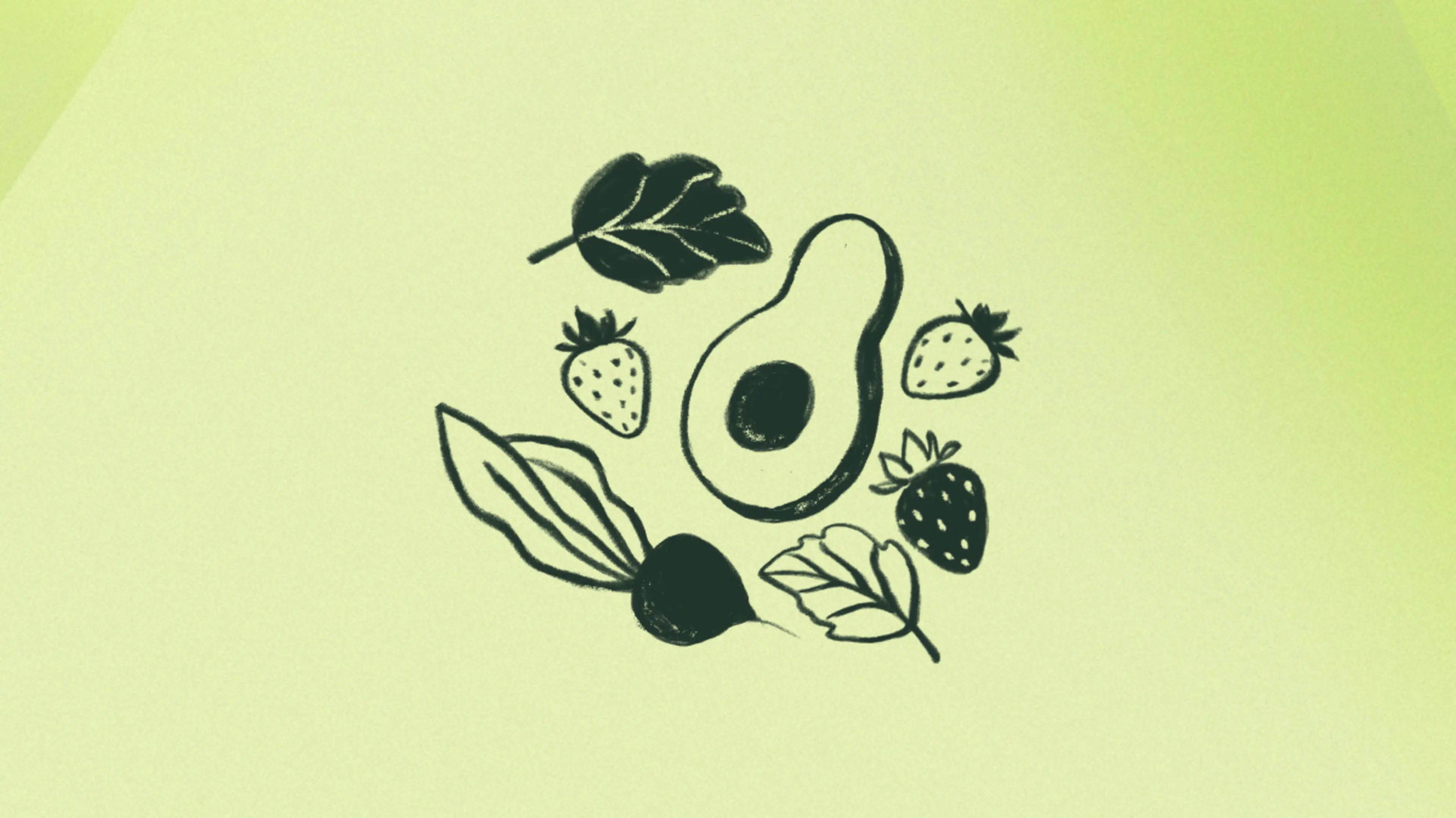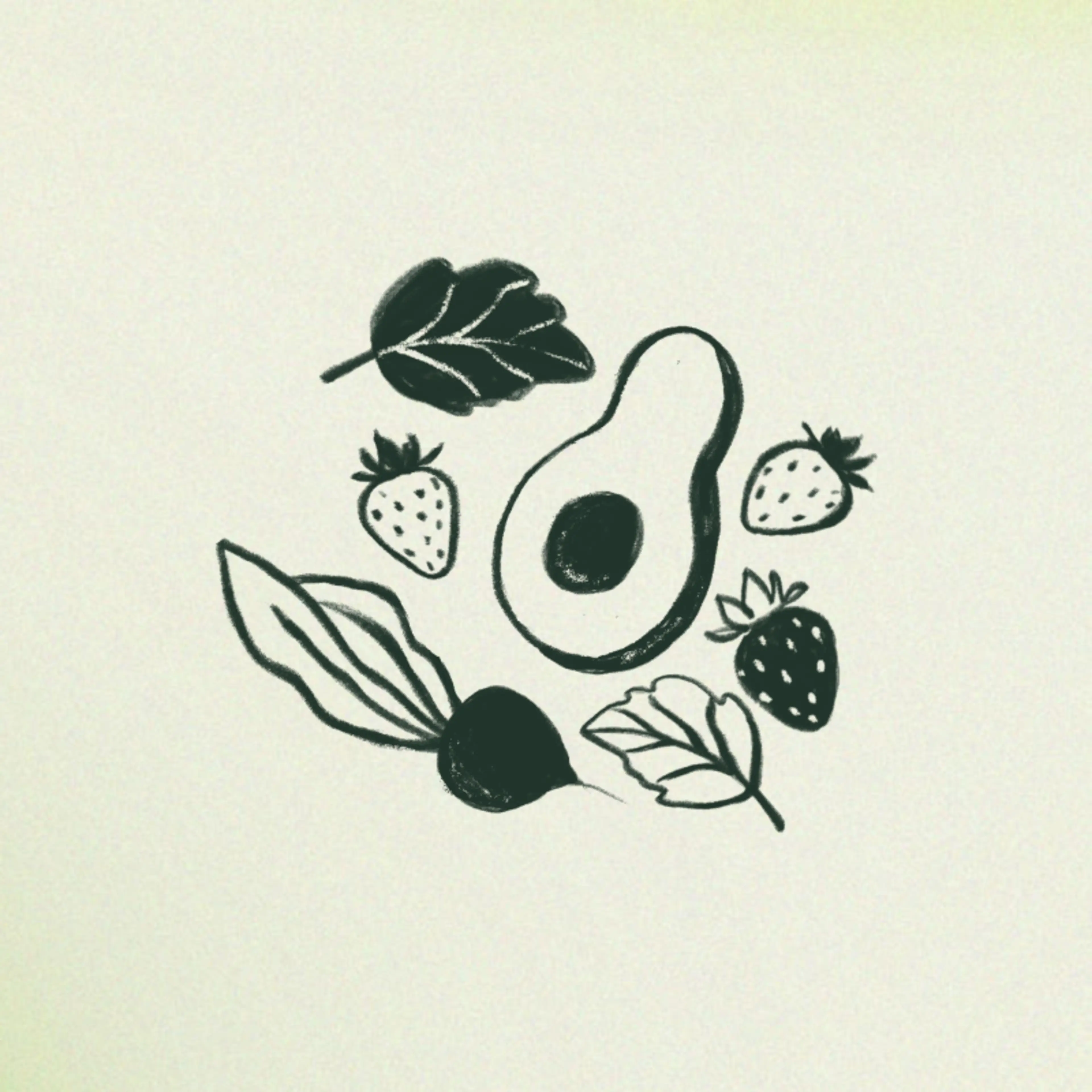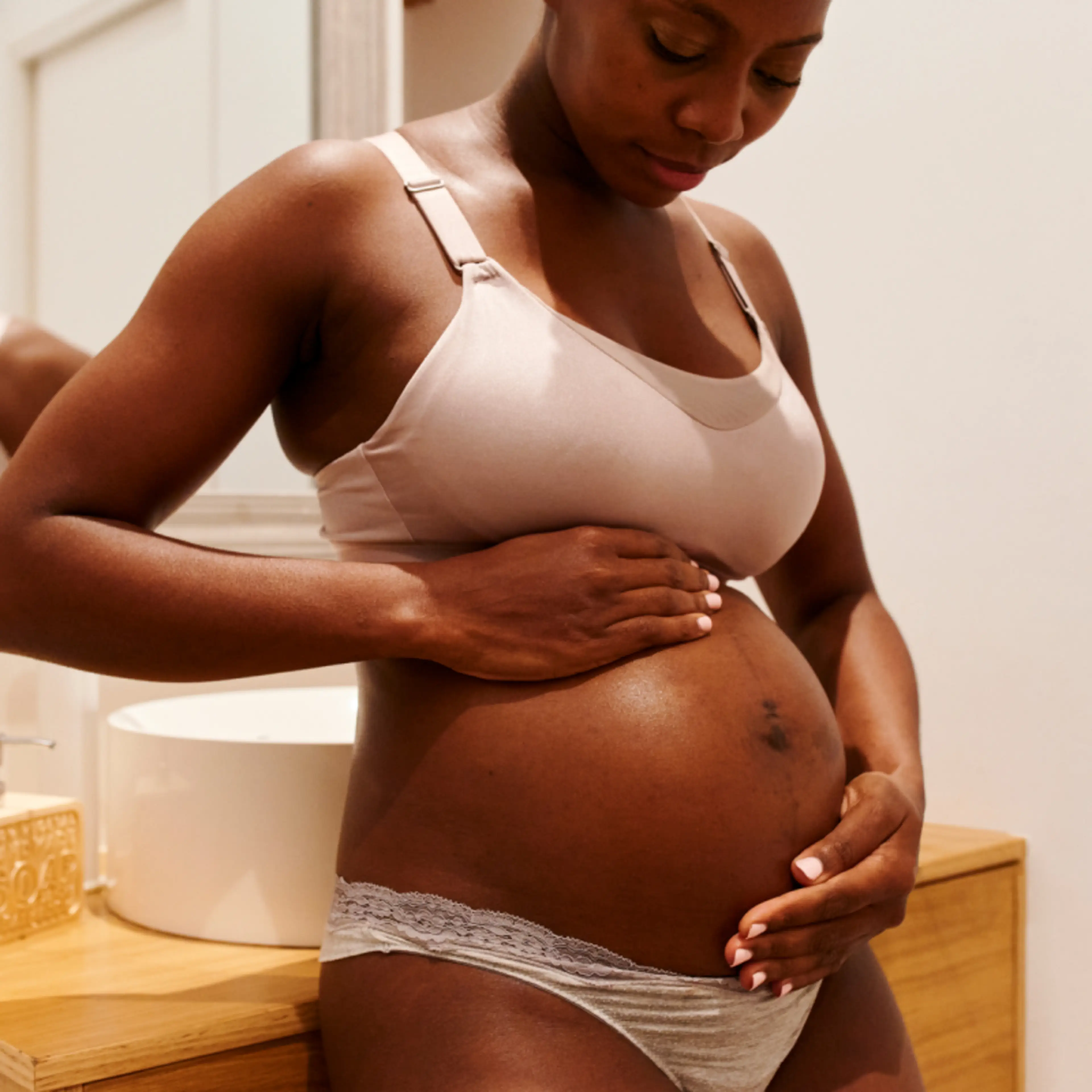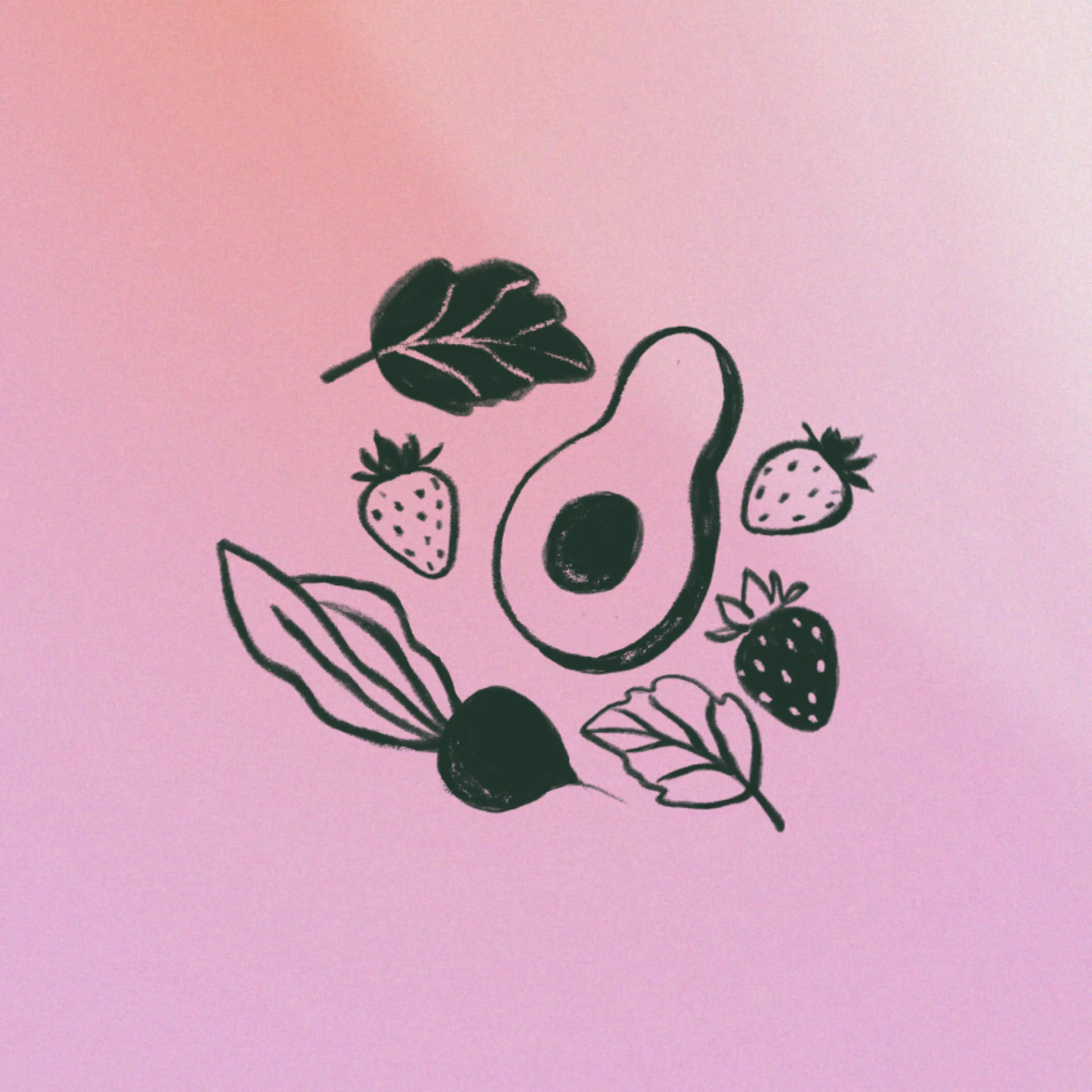Figuring out how to feed yourself properly can be tricky enough when you’re not growing a human. Add pregnancy to the mix, and a simple question like “What should we have for dinner?” might stop you in your tracks as you consider your baby’s nutritional needs.
There’s good news: It’s not as complicated as it seems. If you were eating a balanced enough diet before you got pregnant, continuing with your normal eating pattern—perhaps with a few tweaks—and popping a prenatal vitamin every day should cover most of your bases.
“As a general rule, if you focus on getting some lean protein, colorful produce and fibrous whole grains at every meal, you’ll be getting a lot of what you need,” says Tammy Lakatos Shames, a registered dietitian nutritionist and co-author of The Nutrition Twins’ Veggie Cure.
Key Nutrients During Pregnancy
Want to be positive every box is checked? Here are the most important nutrients during pregnancy:
1. Folic Acid
Daily recommendation for pregnancy: 600 micrograms (mcg)
Folic acid is a synthetic version of folate (vitamin B9). You can get folate from natural sources1 , including orange juice, lentils and leafy green vegetables like spinach, romaine lettuce or Brussels sprouts, but it’s hard to get enough from natural sources alone.
Folic acid is incredibly important for preventing neural tube defects, a.k.a. birth defects that impact the brain and spinal cord2 that could otherwise occur during the first few weeks of pregnancy.
A prenatal vitamin that contains folic acid will give you the recommended amount or get you pretty darn close. Most prenatals have at least 400 micrograms (mcg) of folic acid, and some have up to 800 mcg. If your prenatal has less than 600 mcg, you can easily make up the difference by eating foods that have been fortified with folic acid, including breads, pastas and cereals like Cheerios3 and Bran Flakes4 (each with about 200 mcg of folic acid per serving).
2. Protein
Daily recommendation during pregnancy: 60 grams
Protein is a macronutrient, meaning your body always needs a decent amount. But with a baby on board, it’s time to kick it up a notch. Prior to pregnancy, most women need about 46 grams of protein per day, but health experts recommend that pregnant people get at least 60 grams5 daily.
Try to work some protein—ideally about 25 grams—into every meal, Lakatos Shames says. Good sources include:
Chicken breast (26 grams per 3 ounces, which is about the size of a deck of cards)
Salmon (22.5 grams per 3 ounces)
Cottage cheese (24 grams per cup)
Plain Greek yogurt (16 grams per 5.3-ounce container)
Lentils (9 grams per half cup)
Eggs (6 grams per egg)
Adequate protein is especially important during your second and third trimester6 because it supports the baby’s growth. But eating it earlier in your pregnancy can help stabilize blood sugar, which is good for your mood and also can help prevent nausea, Lakatos Shames says. That is, if you’re not feeling too nauseous to eat it.
3. Iron
Daily recommendation during pregnancy: 27 milligrams (mg)
In general, you need 18 mg of iron per day, but that number jumps to about 27 mg7 during pregnancy, says Lauren Manaker, a dietician and author of The First-Time Mom’s Pregnancy Cookbook and Babylist Health Advisory Board member.
“It’s not high priority in the first trimester, unless you were already deficient. But by your second trimester, as your belly starts to grow, you need to produce more blood cells,” she explains, noting that blood volume increases dramatically (around 45%)8 during pregnancy. Iron also plays a role in the development of the placenta9 , the organ your body grows to provide nutrients and oxygen to your baby.
Good sources of iron include:
Cereals like Total Raisin Bran (18 mg 10 per cup) and Cream of Wheat (9 mg 11 per cup)
Canned white beans (8 mg per cup)
Tofu (3.4 mgper half cup)
Cooked spinach (3 mg per half cup)
Ground beef (2.3 mg per 3 ounces)
Iron deficiency anemia is common during pregnancy, affecting 15–25% of expecting moms. So if you feel unusually sluggish, ask your healthcare provider about testing your levels. “Don’t assume you’re tired just because you’re pregnant,” Manaker says. If you’re falling short, you’ll likely need a supplement, possibly in addition to whatever iron is in your prenatal vitamin, she says.
4. Calcium
Daily recommendation during pregnancy: 1,000 milligrams (mg)
You need about 1,000 mg of calcium per day whether you’re pregnant or not, but it’s now extra important to hit the target since calcium helps build your baby’s teeth and bones. “Whatever you get goes to the baby before you,” Manaker says. “And if you don’t have enough, then it starts leaching from your bones.”
Three servings of dairy each day will help keep your skeleton strong. For example, you might eat:
One cup of milk (about 310 mg of calcium)
One cup of yogurt (up to 448 mg, depending on the brand and type)
1.5 ounces—the equivalent of about three to four dice—of cheddar cheese (about 300 mg13 )
If you don’t eat dairy, try:
Not sure if you’re getting enough? Ask your ob-gyn if a supplement is in order.
5. Vitamin D
Daily recommendation during pregnancy: Up to 2,000 international units (IU)
Vitamin D works in conjunction with other minerals, including calcium, to promote bone health, but that’s just the beginning: A low level of vitamin D—which is actually a hormone—has been associated with a variety of pregnancy complications19 and an increased chance of autoimmune problems for your baby.
Your body produces vitamin D when your skin is exposed to sunlight, but thanks to staying indoors more often and wearing sunscreen when outside (a good thing!) many people are still deficient, Manaker says. It’s hard to get enough vitamin D from diet alone, but some of the best options20 include:
Cereals fortified with vitamin D (54–136 IU per half cup, depending on the brand)
Health experts don’t agree24 on exactly what the recommended daily intake should be; some say to aim for about 600 IU per day, while others believe 2,000 IU25 is really ideal for pregnant people. Your best bet is to ask your healthcare provider to check your levels with a simple blood test. If you’re low, they’ll likely recommend taking a supplement on top of your prenatal. (Prenatal vitamins contain D, but yours might not have enough.)
6. Omega-3 Fatty Acids
Daily recommendation during pregnancy: At least 200 milligrams (mg)
Primarily found in fatty fish like salmon and mackerel, omega-3s are healthy fats that are important for your baby’s brain development. Research also suggests that getting enough during pregnancy may reduce the chances of preterm birth26 .
Most health experts say you should aim for at least 200–300 mg of DHA (docosahexaenoic acid, which is one key type of omega 3) per day. Two to three servings of fatty fish each week will get you there; just be sure to choose low-mercury fish like salmon, herring, sardines and trout.
Not a fan of fish? You’ll likely need a supplement, and prenatal vitamins don’t always contain DHA (check the label to confirm). Take a prenatal that includes DHA or ask your healthcare provider to recommend a high-quality fish oil supplement. If you’re vegetarian, Lakatos Shames suggests an algae-derived omega-3 supplement. (Nordic Naturals makes a highly rated version of each.)
7. Choline
Daily recommendation during pregnancy: 450 milligrams (mg)
This nutrient is also considered brain food. It helps your baby build brain cells27 and contributes to neurotransmitters, the chemicals that nerves use to communicate with each other.
You need 450 mg per day when you’re pregnant, but chances are choline isn’t in your prenatal (check the label). That means you’ll need to get it from your diet or take a supplement. Good food sources include:
8. Iodine
Daily recommendation during pregnancy: 220–290 micrograms (mcg)
You know that gourmet sea salt that comes in a beautiful bottle? Chances are it doesn’t contain iodine, a mineral that’s important for brain, nervous system and thyroid31 health. Your iodine needs go up somewhat during pregnancy, to 220–290 mcg per day32 (from 150 mcg pre-pregnancy).
Some prenatal vitamins don’t contain any33 iodine, so check the label. If yours doesn’t have at least 150 mcg, ask your ob-gyn if you should make a switch, Manaker says. One easy way to get more is to season your food with regular, iodized table salt (in moderation, of course, to avoid spiking blood pressure). Or you can add more of these foods to your diet:

